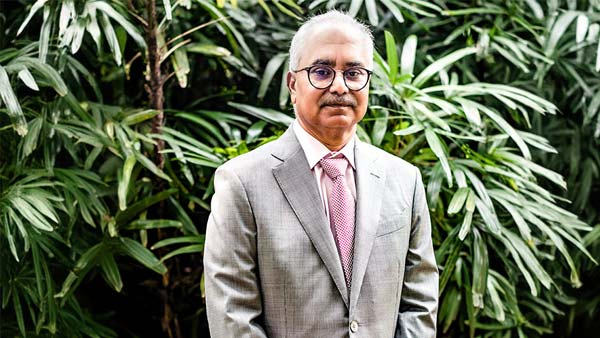
Recently pharma giant Dr Reddy’s announced it will be acquiring the entire nicotine replacement therapy (NRT) business of British consumer health care company Haleon. This will include the global brand Nicotinell and its local market-leading brand names Nicabate, Habitrol and Thrive in markets outside of the United States.
This is in line with Dr Reddy’s strategy to increase its presence in consumer health care—nutrition and over-the-counter (OTC) wellness—markets around the world, including the US, UK, emerging markets and India. In April 2024, the company also announced a joint venture with Nestle India, to bring innovative nutraceutical brands to consumers in India.
With a market capitalisation of Rs 106,003 (as on July 2, 2024), Dr Reddy’s is one of the largest Indian pharmaceutical companies. It clocked a turnover of Rs 27,916 crore in FY24. Dr Reddy’s continues to focus on its core business of generics, branded generics, API, OTC, and biosimilars. Alongside, the company has also been investing in growth drivers of the future: Access to novel molecules; digital therapeutics and consumer health care.
In a rare public appearance, GV Prasad, co-chairman and managing director of Dr Reddy’s Laboratories, was present at the Indian Pharmaceutical Alliance’s 9th edition of the Global Pharmaceutical Quality Summit 2024. During a panel discussion at the event, he spoke about the importance of quality, technology disrupting the industry and more. Edited excerpts:
We talk about regulatory compliance, regulation, inspections, but that's not what quality is about. Quality is about the patient's safety, the efficacy and purity of the product. It should be something of an absolute. If a small dosage can cure you, a small impurity can also harm you. So, it’s necessary to embrace patient centricity in quality, and design your systems around that.
Many other industries have taken quality to an entirely different level—6 sigma level, 8 sigma level. But our industry is still not there; I’m told we’re somewhere around 4 sigma level. So, I think we should take that vision of absolute quality, to give patients the best we can.
We need to look at generative AI as a technology, which is still in its infancy. It is not as evolved as it should be, to state that it is already impacting the industry. So I’ll start with that caveat.
Second, the technology is an enabler. You have to have the fundamentals right, a good understanding of your process, good talent and then if you overlay technology, it will help you. With technology, it’s not just about software, but also hardware. So, there’s a lot to be done before using machine learning or AI in terms of layers of technology.
The tech evolution in our industry is quite primitive, due to many reasons. It is a heavily regulated industry, and people are fearful of changing things. Once you have a process, getting it to change is not easy. Having said that, it should not act as a deterrent to adoption of technology.
From our perspective, we [Dr Reddy’s] have made a huge amount of investments in terms of technology. But we're still in the early stages of reaping the benefits of all these investments. We have put all the fundamental basics in place, and we’re starting to see benefits in terms of not letting humans do the chore of repetitive work. There has been an improvement in the quality of data, investigation, finding the root causes etc. While some benefits we can see already, the big ones are yet to be seen.
Technology is a force multiplier. You cannot afford to not adopt technology. In terms of productivity, some of our plants, such as the injectables plant, have seen 3x productivity through automation and mechanisation. The vision is to develop processes that you can run in a plant with the lights out, i.e. with no human intervention. It will take us a few years to get there, but I think we’re on it.
I think we don't celebrate enough the success of our industry. If you take the sector as a whole, outside the IT sector, this is the most impactful sector on the world stage. There are many things that the industry should be very proud of. We’ve supplied the world with many medicines, which have become much more affordable and accessible because of India.
We can't imagine the world today without Indian medicines. We are a leading force in APIs and in generics. Also, in the services area, we are emerging to become very strong, both discovery services, manufacturing, and innovation.
There's been a history of innovation in this country; we haven't seen products yet in the market. We have a couple of companies that have already launched innovative products, which are going to make a difference to the standard of care. So, there are many things that we should be proud of, and we don't celebrate enough the achievements of this industry.
This article was originally published on Forbes India